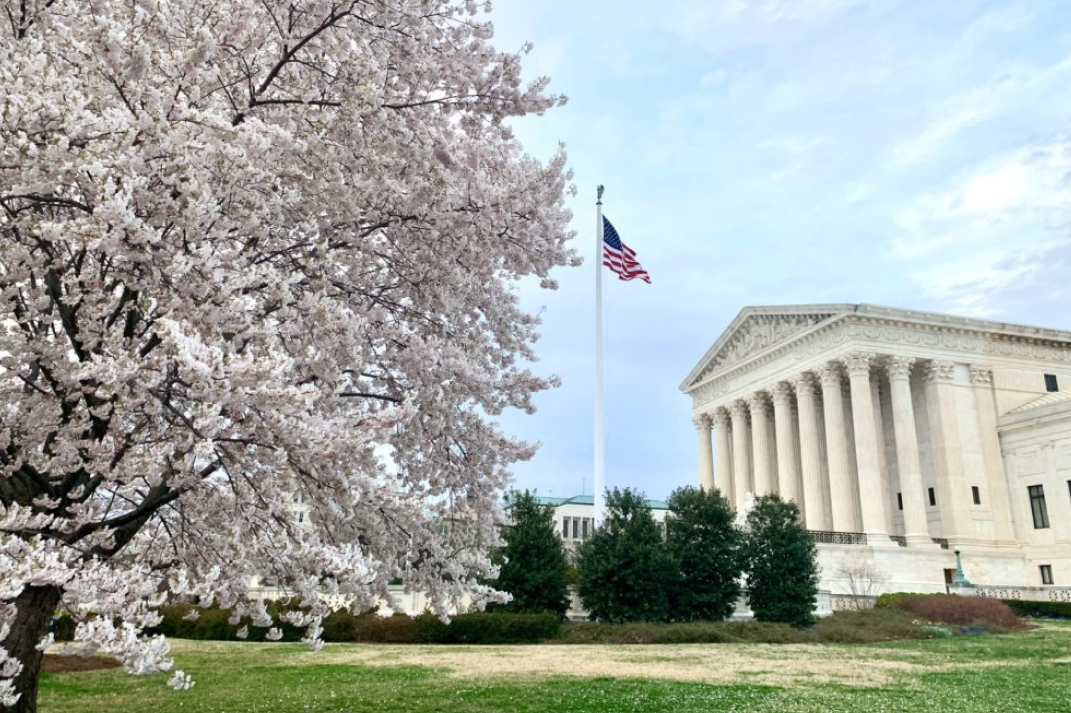SHARE
Episode 43: SCOTUS decision against FTC disgorgement—Spencer Reese weighs in

Have you read about the recent Supreme Court decision to stop FTC disgorgement? Are you curious what it means for the direct sales industry? Satisfying that curiosity was the impetus behind this episode.
Our guest is Spencer Reese a top lawyer in the direct sales industry. On the call we discuss:
- SCOTUS decision against FTC disgorgement
- FTC’s efforts to reverse the decision
- The muddy waters around the legality of MLM
- And more
Scroll down for legal definitions and explanations of the rules and regulations discussed in this episode. And check out more content from Spencer if you want more legal talk about the industry.
We had some technical difficulties while recording this one but the content was too good to throw away. We decided to release it warts and all. We hope you agree it was worth it!
Definitions
Disgorgement. “A remedy requiring a party who profits from illegal or wrongful acts to give up any profits he or she made as a result of his or her illegal or wrongful conduct. The purpose of this remedy is to prevent unjust enrichment” (Cornell Legal Information Institute).
Injunctive relief. “a remedy which restrains a party from doing certain acts or requires a party to act in a certain way. It is generally only available when there is no other remedy at law and irreparable harm will result if the relief is not granted” (Cornell Legal Information Institute).
Ex Parte. “In civil procedure, ex parte is used to refer to motions for orders that can be granted without waiting for a response from the other side” (Cornell Legal Information Institute).
Receivership. “A situation in which an institution or enterprise is held by a receiver—a person ‘placed in the custodial responsibility for the property of others, including tangible and intangible assets and rights’—especially in cases where a company cannot meet its financial obligations and is said to be insolvent” (Wikipedia).
Legal rules under discussion
Section 13B of the FTC Act. “when the commission ‘has reason to believe that any person, partnership, or corporation is violating, or is about to violate, any provision of law enforced by the Federal Trade Commission . . . in proper cases the Commission may seek, and after proper proof, the court may issue, a permanent injunction’” (The National Law Review).
Federal Business Opportunity Rule. “The Business Opportunity Rule requires business opportunity sellers to give prospective buyers specific information to help them evaluate a business opportunity, thus ensuring that the prospective purchasers have the information they need in order to assess the risks of buying a work-at-home program or any other business opportunity” (FTC.gov).
you may also like
Essential Software Customizations for MLM, Direct Selling, and Affiliate E-commerce
Navigating the changing landscape of e-commerce, particularly within MLM, direct selling, and affiliate marketing channels, requires more…
How to Ensure Your Compensation Plan and Software Work Well Together
Peanut butter and jelly. Milk and cookies. Batman and Robin. Everybody knows these famous pairings work well…
Podcast 53: Advantages Using an Interim VP of Sales for Direct Selling Companies
Today we welcome a returning guest of this podcast: Jeff Jordan. Jeff has also written articles for…
compensation consulting for mlm companies
We offer data-driven compensation plan design & analysis
MLM.com Newsletter
Get our e-mail newsletter, with MLM.com articles & online exclusives, delivered to your inbox each week.



